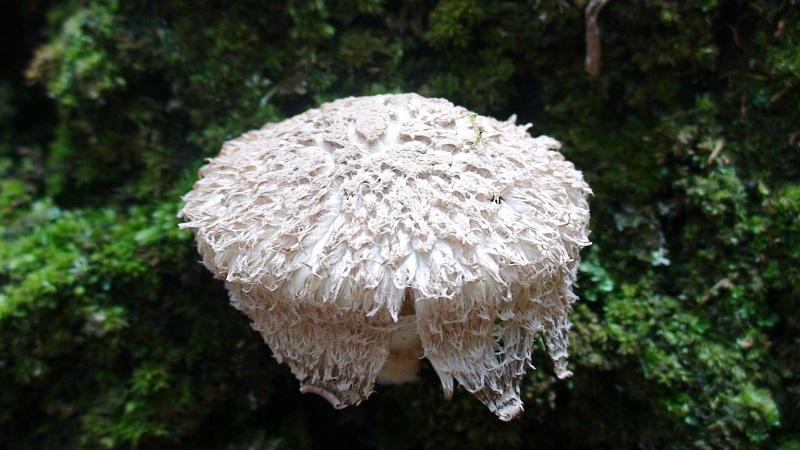Ravonjiarisoa Doda James Patrice
Other projects
9 May 2014
Fungi Biodiversity Study and its Conservation through Conservation Active Learning at the Ranomafana National Park
Our main object is to enhance and improve the scientific and practical knowledge of Malagasy young people to prepare them to the fungi assessment following the IUCN Red List criteria for its conservation.

As a world hotspot, Madagascar biodiversity is considered as priority for conservation. Its dry and rainy forests are composed of many endemic species of fauna and flora. Most studies in this area have so far been focused on the conservation and diversity of birds, mammals and vascular plants with no concern for the fungi which though minimized, are principal decomposers and play pivotal roles in the ecological balance in the ecosystem. That’s why rare information exist on macro-fungi species and their conservation status still remains unknown yet the species are disappearing at an alarming rate owing to anthropogenic activities, ongoing deforestation and climate changes making them vulnerable to extinction.
During our first Rufford Small Grant for Nature Conservation, we noted that Malagasy people have a particular traditional knowledge on fungi and their uses as food and medicine. We also noted that the local environment had a great mycological diversity with species of almost all main groups of fungi. The valuation of the traditional knowledge on fungi is important to ensure sustainability of this resource. Many participants are requesting to enhance their fungi conservation knowledge, build up capacity in scientific and leadership work.
This second stage of RSG grant main object are:
- to enhance and improve the scientific and practical knowledge of malagasy young people on conservation and particularly on fungi conservation and natural resource sustainable uses.
- to continue our macrofungi survey but in another area such as in the west region of Madagascar as a dry forest, and in another site in the east region as a rainy forest.
- to undertake the preliminary red list of fungi of Madagascar: It aims at making an assessment of the threats and conservation status of macro-fungi in the rainy and dry forest reserve following the IUCN threat categories. Knowing the conservation status of these species will help to evaluate the highly endangered and vulnerable macro-fungi species, and to identify priority species for conservation actions.
- to continue and complete our ethnomycological studies and conduct socioeconomic importance of these macro-fungi to the community in ranomafana and in another area; we will have to identify fungi species which need deep scientific study for their use in cultivation.
- to enhance the public awareness about the importance of fungi and its conservation, we contribute to raise awareness through educational programs on the need to sustainably exploit these macro-fungi.